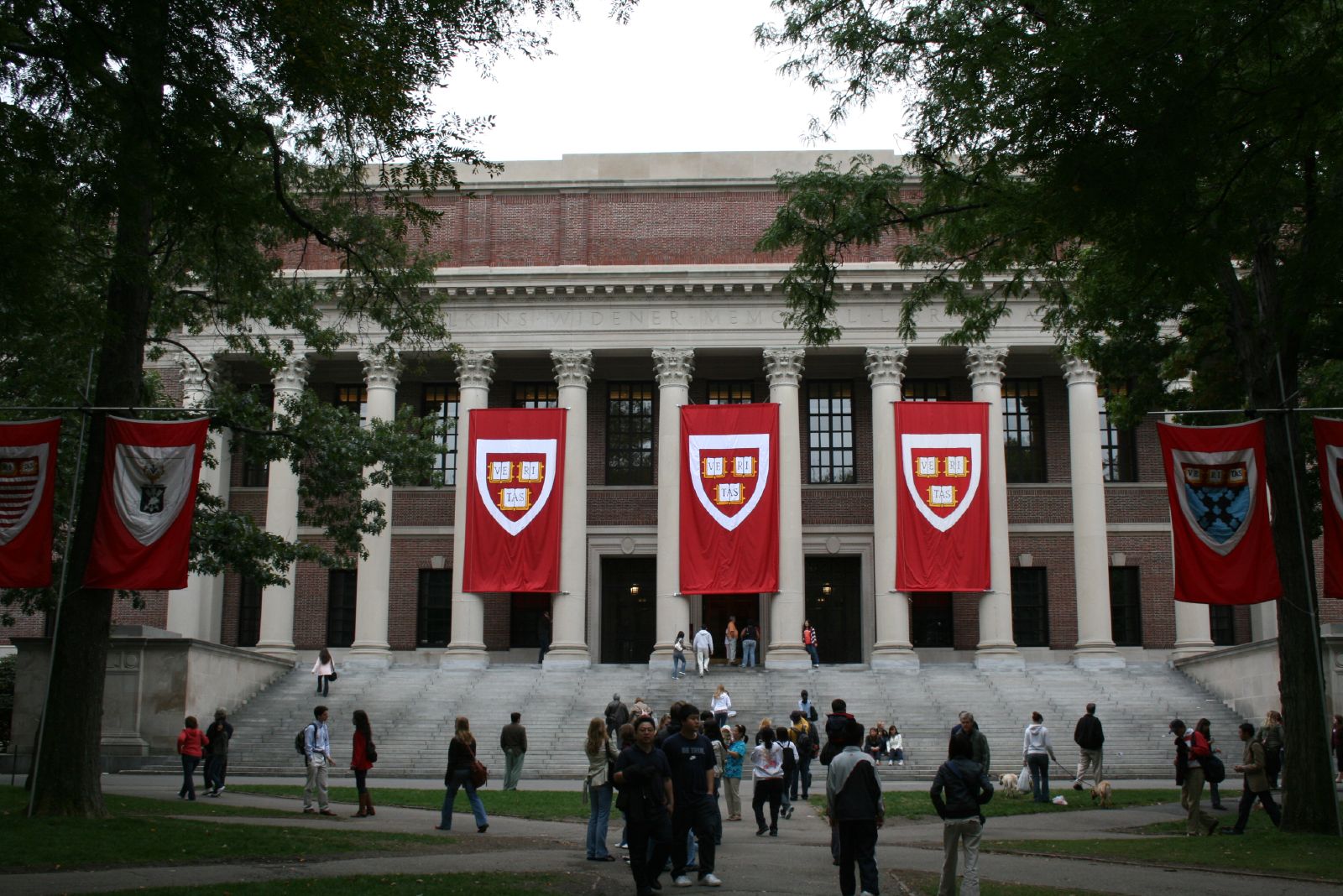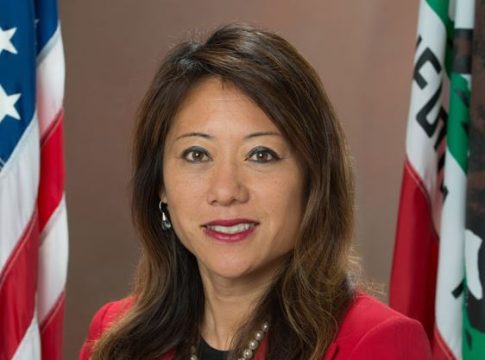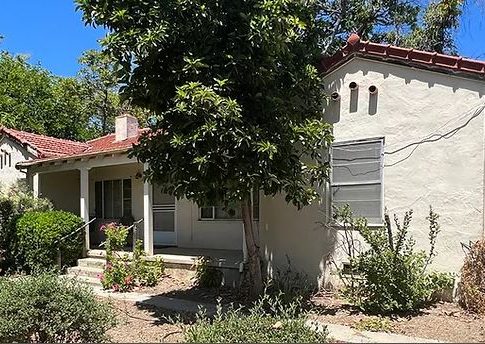
By Grace Deng
AsAmNews Contributor
Asian American activism on affirmative action — a college admissions policy based on race — is becoming increasingly divided. The most decisive factor in determining whether you’re for or against is likely your family income.
“In America, our value is about fairness,” said Chinese American Dan Mo to AsAmNews. “In order for Asian students to get into college, to play a fair game, these universities and colleges should focus on merit. It’s not something based on your skin color.” Mo is part of a larger community of middle to high-income Asian Americans who are against race-based affirmative action.
A report by Asian American Pacific Islander (AAPI) Data based on the National Asian American Survey found that 41 percent of Chinese Americans are against affirmative action designed to help black people, women and minorities, while 73 percent of non-Chinese Asian Americans support it.
But Yukong Zhao, president of the Asian American Coalition for Education, believes the data is biased. He said the questions asked were misleading – pointing to a Gallup poll that found seven in 10 Americans believed in admissions based solely on merit. Though the Gallup poll did not survey Asian Americans, Zhao believes the majority of Asian Americans are against race as a factor in college admissions.
LATEST STORIES
Instead, activists like Zhao support socioeconomic affirmative action. Yet, what is likely the vocal minority of mostly middle to high-income Asian Americans is leading the anti-affirmative action movement, championing a completely merit-based system of admissions in higher education. Mo, who said he was middle class, is one of the Asian Americans who does not believe income should play a role in college admissions.
“If you let even lower-income Asian Americans go into a very prestigious Ivy League college, the person may not do well,” Mo said. “You are doing a disservice to the person. Every person needs to be set up to be successful in the right way.”
Prominent Asian American activist and blogger Jenn Fang says the affirmative action issue is indeed split along economic lines. “Most of the anti-affirmative action folks tend to be East Asian Americans who are relatively high-income and doing pretty well when it comes to familial wealth,” Fang said.
A recent Pew Research study found that the income gap in Asian America has risen steadily since the 1970s, becoming the largest income gap in the nation. And that could have serious implications for political organizing. Economics professor Christian Weller cited an academic theory that suggests greater income inequality makes it difficult to cross income lines when setting up a unified political front.
The divide between Asian Americans on the basis of income overlaps with different Asian American communities. While Chinese Americans, the largest Asian American group, have a median household income of $70,000 a year, four groups of Asian Americans — all Southeast Asian — have a median household income among all Americans — well below $53,600 a year. Several factors contribute to this disparity, such as language proficiency, education, and historical factors like immigration patterns. East Asian Americans “come to this country with a lot of privileges and a lot less baggage than Southeast Asians do,” said Indonesian American Umar Hanif.
And though affirmative action may dominate today’s headlines about Asian Americans, many progressives believe affirmative action is not the biggest problem facing Asian Americans today.
“It’s this selfish ‘I want to get into Harvard attitude’ that completely ignores our people,” said Jessica Liu, a college student in an Asian American sorority. Liu, like many Asian Americans, believes affirmative action is actually helpful for the community as a whole. Activists like Liu say affirmative action gives disadvantaged Asian Americans a better chance at higher education, thus creating a schism in the Asian American community. “I definitely do see a divide,” said Liu. “I see a large division of Asian Americans who are incredibly neoliberal and don’t give a s*** about what happens to other members of their community who might not be as privileged as they are.”
Liu and Fang both said they feel anti-affirmative action activists are not listening to the voices of other Asian Americans. “There’s something very validating about seeing Asian Americans get politically engaged,” Fang said. “That being said, I think a lot of the rhetoric that comes out of that movement doesn’t issue the same respect to the Asian American community.”
Based on these perspectives, there is no concrete answer on if the rising income gap will continue to widen. Professor Nguyen believes that if the issues which contribute to this divide continue to be neglected, the disparity will continue to grow. As a result, the question of whether or not Asian Americans will continue to be divided on issues such as affirmative action is still up for debate. “I think what we’ve lost in the Asian American community is that focus on trying to create respectful discourse,” said Fang.
AsAmNews has Asian America in its heart. We’re an all-volunteer effort of dedicated staff and interns. Check out our Twitter feed and Facebook page for more content. Please consider interning, joining our staff or submitting a story.










I think when people who are against affirmative action are the type of people who don’t want to accept the fact that they are minorities. Those types of people think that being a minority is a negative thing. They don’t understand that it just means not White which at times is also hard for them to accept. The media all over the world portrayal of a minority has always been extremely negative. Once these groups relocate to America and figure out that they are the minority they get really upset.